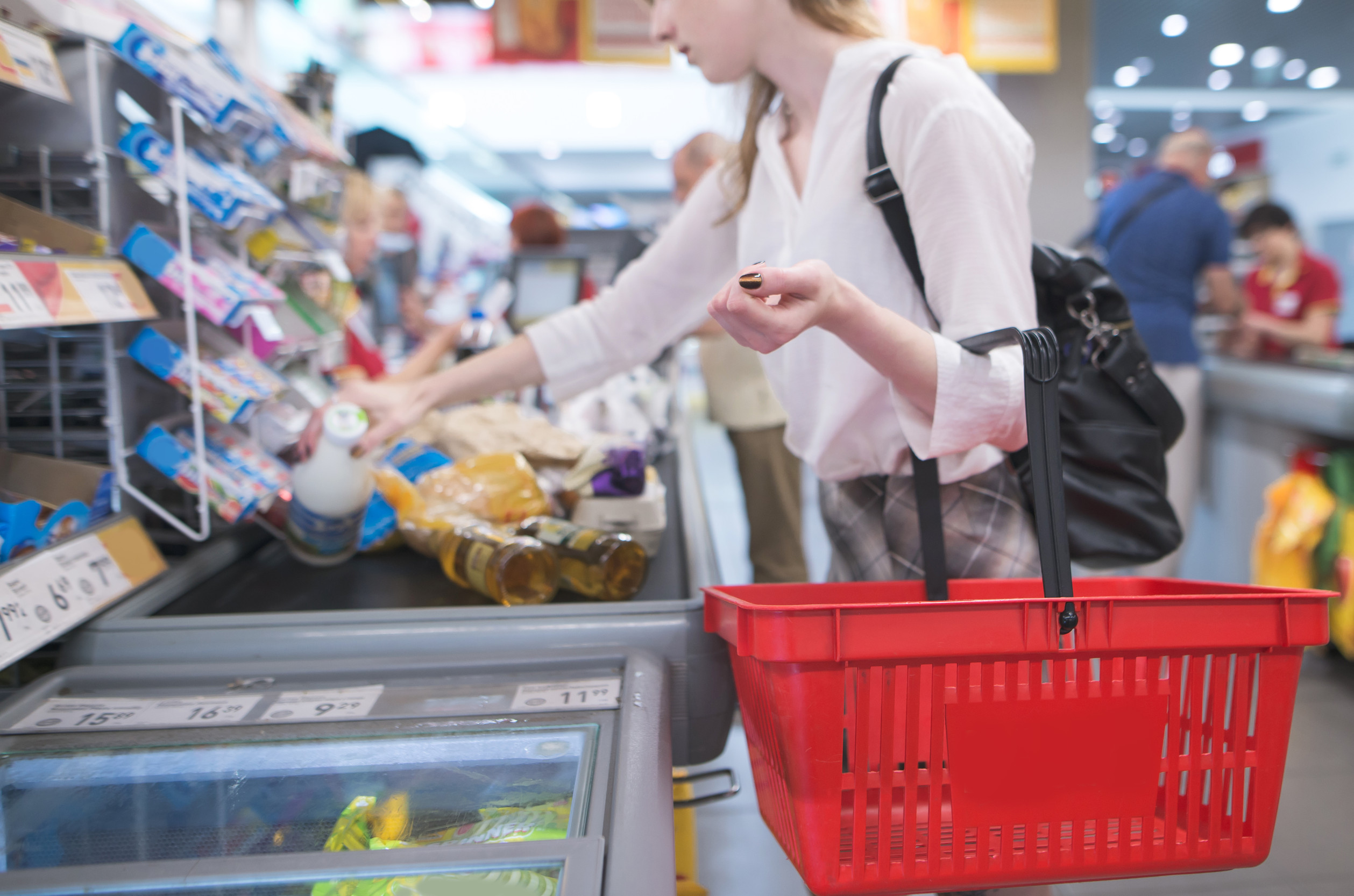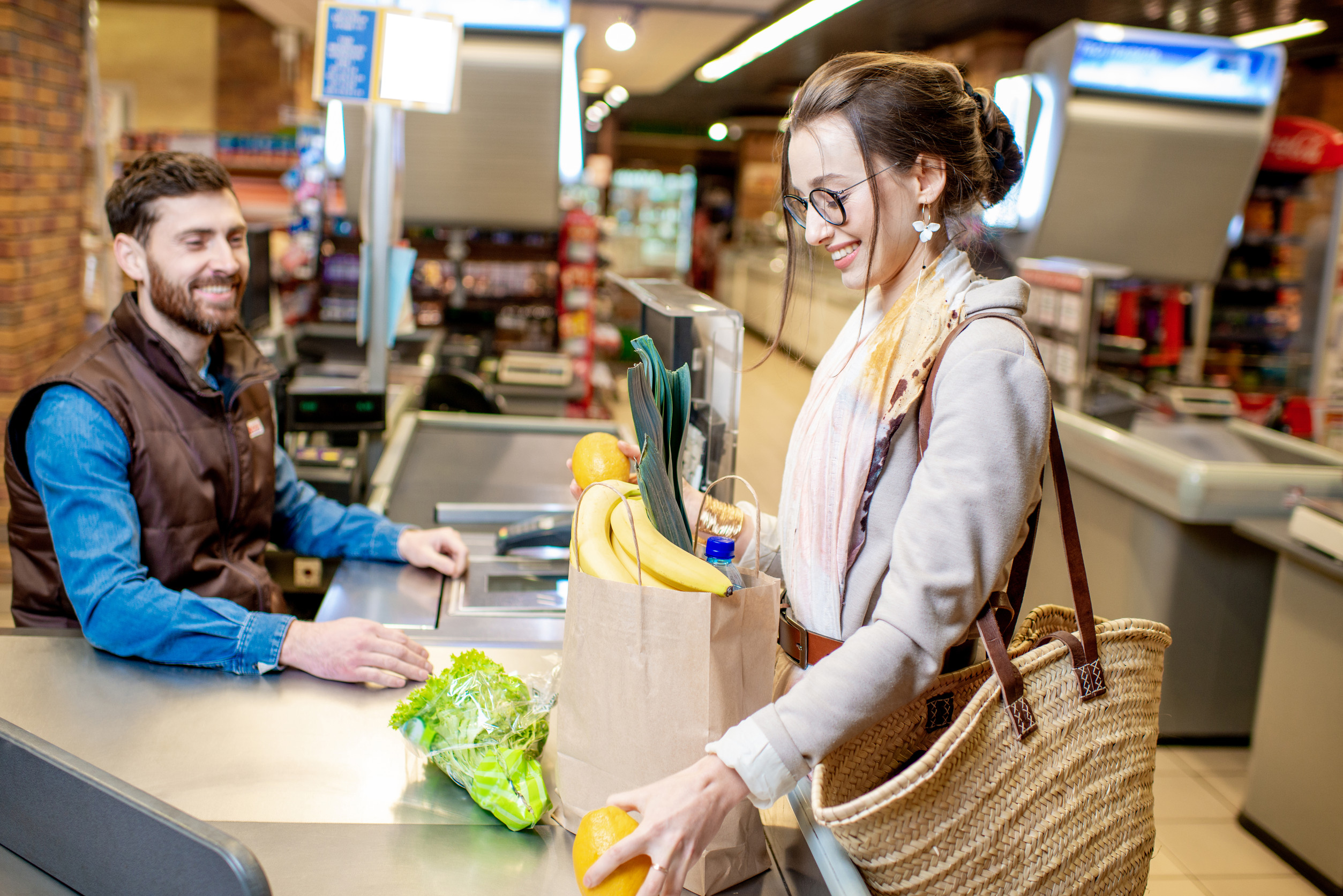Walking into a grocery store is like stepping onto a carefully crafted stage. Every aisle, every display, and every price tag is designed to make you spend more, whether you realize it or not. While you might feel like you’re winning by grabbing a few coupons or scoring a sale item, stores are still counting on you to miss a few costly details. Shoppers who rush through the checkout line without double-checking often leave behind savings and end up overpaying. Here are seven sneaky things grocery stores hope you forget to check before you pay—and how you can outsmart them.
1. The Unit Price vs. Sale Price
Stores love slapping bright “SALE” tags on shelves, but the real story hides in the tiny print: the unit price. Sometimes a sale item actually costs more per ounce, pound, or serving than a regular-priced competitor. If you’re only looking at the flashy sticker, you might miss the better deal sitting right next to it. Always check the unit price label underneath the item to see what you’re truly paying. It’s a small step that can lead to huge savings over time.
2. Expiration Dates on Perishables

Image Source: 123rf.com
Grocery stores are supposed to rotate stock and remove expired items, but it doesn’t always happen perfectly. Especially on dairy, meat, and packaged deli products, older inventory often lurks right up front. If you’re not checking expiration dates, you might end up paying full price for food that needs to be tossed in two days. Always dig a little deeper into the shelf to find fresher, longer-lasting items. Your wallet (and your fridge) will thank you.
3. Scanned Prices vs. Shelf Prices
It’s shockingly common for scanned prices at the register to be higher than the shelf tags indicate. Promotional prices sometimes don’t get entered correctly into the system, especially during big sale weeks. If you’re not watching the register screen or double-checking your receipt, you might pay more without even realizing it. Many stores will honor the lower shelf price if you catch it, but you have to speak up. A few seconds of attention can save you real money every single trip.
4. Weight of Produce and Bulk Items
Pre-packaged produce and bulk items are often priced by weight, but not everything labeled “per bag” actually gives you the same bang for your buck. Some bags are significantly lighter, while others pack in a lot more for the same sticker price. Always give bags of apples, potatoes, or bulk nuts a quick heft comparison before choosing. Picking the heaviest bag at the same price point is a simple way to stretch your grocery dollar. When weight matters, it pays to be a little picky.
5. “Special Offers” That Aren’t Special
Just because something is labeled “special” or “manager’s special” doesn’t mean it’s a good deal. These labels are marketing tools meant to catch your eye and move inventory, not necessarily save you money. Some so-called specials are actually priced the same as regular weeks or just a few cents cheaper. Take a moment to compare prices across brands and sizes before falling for the hype. Not all specials are truly special when you do the math.
6. Loyalty Card Discounts You Forgot to Load

Image Source: 123rf.com
Many stores now require you to “load” digital coupons to your loyalty card before they apply. If you forget to log into the app and activate those deals, you could miss out on automatic savings you thought you were getting. Worse, some promotions only trigger when a loyalty card is scanned, not just because you have one. Always double-check your app for clipped deals before heading to checkout. It’s the easiest way to stop leaving digital dollars on the table.
7. BOGO Deals That Trick You
Buy One, Get One Free sounds like a can’t-miss offer—but it’s not always that simple. Some stores raise the price of the first item so the “free” one isn’t as much of a bonus as it seems. Others require you to buy a specific quantity to unlock the deal, even if you don’t actually need that much. Always calculate the true cost per item before jumping on a BOGO offer. Smart shoppers know the best deal isn’t always the loudest one.
Savvy Shoppers Pay Attention—and It Pays Off
Grocery stores are experts at making you feel like you’re saving when you’re actually spending more. But a little extra attention to the fine print, expiration dates, and sneaky sales tactics can put the power back in your hands. The truth is, stores count on most shoppers being too rushed or distracted to notice these tricks. Stay sharp, trust your instincts, and don’t be afraid to double-check every deal before you swipe your card. Saving money isn’t about working harder—it’s about shopping smarter.
Read More
6 Grocery Store Mistakes You Don’t Know You’re Making When Using Coupons
The Craziest Grocery Store Myths That Are Actually Completely False

